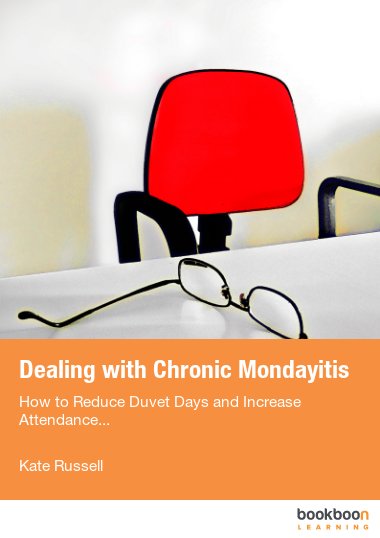It is a fact of life that people become ill from time to time. You very occasionally come across those rare employees who have never taken a day’s sickness absence in 20 years, but I can count the number of such hardy souls on the fingers of one hand and still have a few fingers left over. It’s true that the more senior the role, the less sickness absence people tend to take, but even senior managers and self-employed people get sick occasionally (and their motivation to attend for work tends to be among the highest there is).
As employers we have to accept that there will always be some sickness absence and manage accordingly. There is a distinction between knowing that there will be some sickness absence and managing unacceptable levels. It’s important to remember that life isn’t always black and white and that while our policies and procedures provide useful guidance, there’s no ‘one size fits all approach’. Every case turns on its own facts.
That said, as employers we also have a responsibility to deal with absence. Absence can be a serious drain on a business for both large and small organisations, with the direct costs running to billions of pounds a year. Absence places a burden on colleagues and a failure to manage poor attendance can result in poor morale if the issue is not tackled, with a consequent effect on productivity and profitability.
Tackling absence isn’t always straightforward. Absences come in different forms, may be of varying durations and be for a variety of reasons. Employers have to develop a range of proportionate responses. There is no one ‘right’ way of going about it, but any actions you take must always be fair and reasonable. Remember that inappropriate or discriminatory action can lead to expensive legal settlements.
Many employers are reluctant to manage absence, but it’s really important to take control of any attendance issues. The costs of absence are high and failure to address problems impacts on everyone in the business. Simple ‘crack-downs’ can be counter-productive, but attendance control works better where it is part of a wider set of measures. Dealing effectively with absence calls for a continuous and coordinated effort. Sound, fair and consistent policies and procedures can provide a framework within which absence problems can be better handled.
The real key to success to managing absence at work is taking action at an early stage, keeping good records and following correct procedures.


